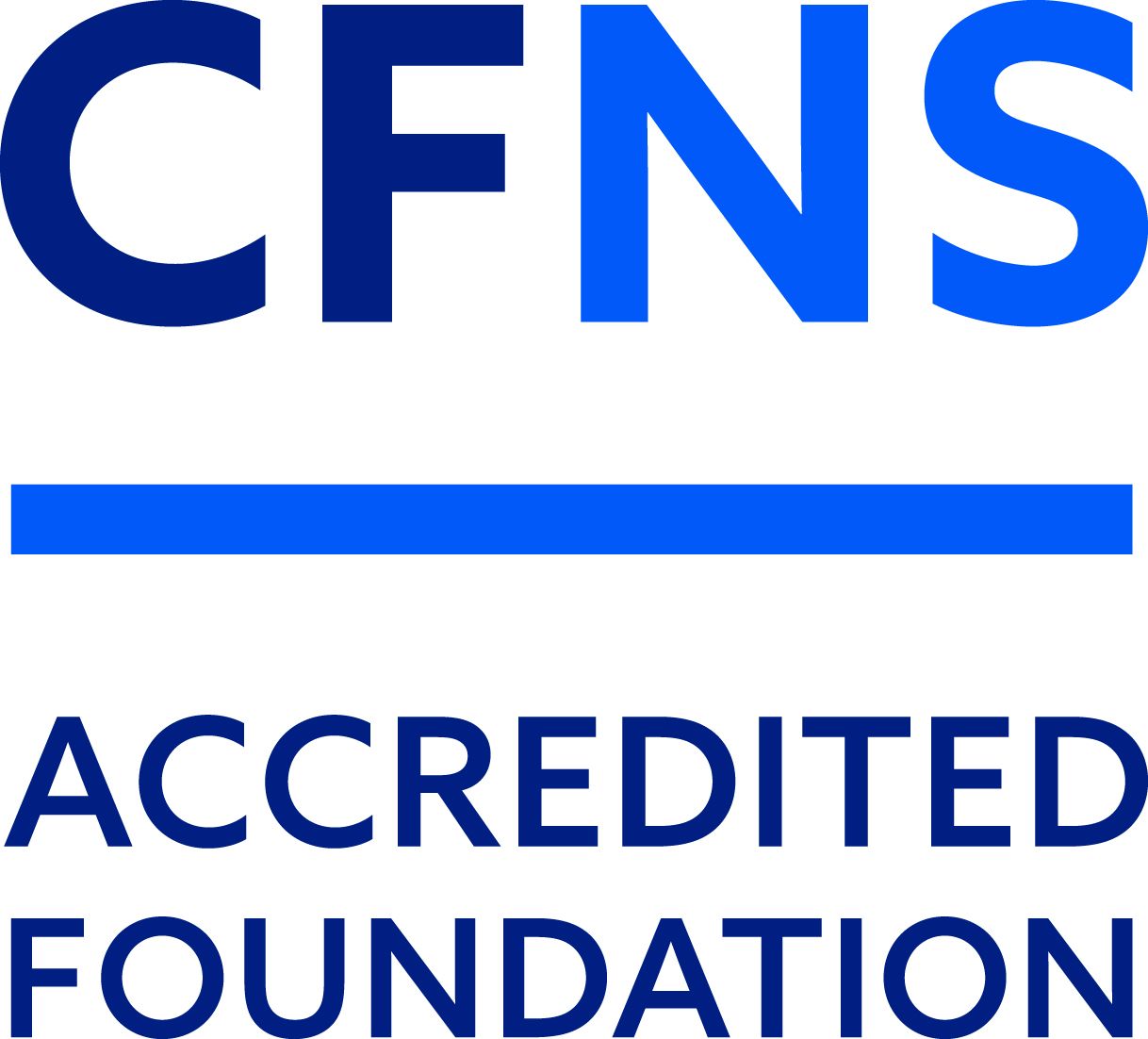Blog Post
Determining Your Eligibility

Program Blog – May 2022
I Want it… I Need it… But am I Eligible?
It’s a conundrum, no doubt about it. Accomplishing your visionary goals feels like jumping through one ring of fire after another. Grants – and their requirements -- come in many shapes and sizes. All grant-making organizations have their own policies to follow, PLUS those of “the powers that be”… the law! Sometimes you feel like you are trying to squeeze a square peg into a round hole just tailoring your request for each granting organization.
Make Sure You’re Eligible
One of the questions I’ve heard a lot this spring is regarding eligibility for our Competitive Grant Program. (Deadline is 11:59pm on June 1!) Just like programs and missions take many forms, there are many types of organizations serving our communities.
There are so many government and IRS requirements that volunteer-run nonprofits or short-term projects often just don’t have time or resources to go after the coveted “501c3” title. That really puts some people in limbo when they need grant funding to continue their good work or expand their programming. But they don’t always have enough administrative resources – time, funding, or otherwise -- to reach this status. Then there are the religious organizations; park, library, service clubs, school districts, “Friends of” – all working to achieve good things and improve our community, but all organized in different ways.
Let’s Break it Down
To put it in a nutshell, your Community Foundation can make grants to the following three main types of outfits: nonprofits with 501c3 status, units of government (for public and charitable programs), and churches or religious organizations for community-focused charitable projects that don’t function solely to propagate faith.
What does that mean for religious organizations, exactly? A competitive grant can’t be made, for example, to purchase religious materials to promote a specific faith or doctrine. On the other hand, many churches have food pantries and thrift stores that benefit a low-income or under-served segment of our community no matter their religious affiliation. Does that give you some cool ideas for your church’s next service project? How can your religious organization expand its mission to lift up the community and its families?
You Don’t Have to do This Alone! Collaboration is (can be) Key!
What is an organization to do if it does not fall into one of those three “buckets?” Don’t lose all hope! Depending on what you are trying to achieve, there are ways for non-501c3 organizations to qualify for receiving Community Foundation grants. We like to see partnerships and collaborations, and so do our donors and review committees! If you’re the new kid on the block or your organization doesn’t qualify for 501c3 status, but the project you’re planning is charitable in nature, see if you can partner with a larger nonprofit that has the 501c3 status.
The key word here is “charitable.” Any grant made from the Community Foundation must be for a project or program, which falls within the IRS definition of a charitable purpose. Make sure that your request is for public or charitable purposes. If your organization is a church, instead of starting from scratch to develop a community service project, can you collaborate with a nonprofit to support their existing program, and help grow it? Whichever organization has the approved status would be the primary applicant. When you apply for the grant, make sure to describe the collaboration as part of the plan. If you are receiving monetary or in-kind support from your partner, list that under your project budget income.
I am Going to Use the “F” and “S” Words… It’s not what you think!
Hey, I’m talking about Fiscal Sponsors! A fiscal sponsor is a public charity that has entered into a relationship with a non-charity to assist with a charitable project. This is the BEST way for a small, new, short-term (or otherwise ineligible) organization to become eligible for a grant. If this is your situation, you must enter into a fiscal sponsorship with an organization that aligns with your mission and is willing to take on responsibility of your project. Then, submit your request under the umbrella of a 501c3 organization that has agreed to be the Fiscal Sponsor for the grant request. Your group can write and submit the application, but Fiscal Sponsor documentation will be required as part of the application.
There are a lot of responsibilities for Fiscal Sponsors, so don’t take this relationship lightly. You will need them to enter into an agreement and provide documentation for the application in a timely manner. Then, they are responsible for exercising discretion and control over the granted funds. However, if your project or program benefits the both of you and helps fulfill a charitable mission - why not explore the potential? It’s a great conversation to have with a potential partner organization.
Until Next Time…
If you are still unsure about applying for a Community Foundation Competitive Grant, be sure to check out our webpage: https://www.mycommunityfoundation.org/competitive-grants.
There are tons of links and resources to help you through the process, including Field of Interest fund descriptions to help you see what types of non-profit projects we have dedicated support for.
Don’t let questions about eligibility stand in the way of your mission. I hope that I have answered some of those questions, and even if you don’t get it together for this year, now is a great time to start for the next! Feel free to reach out to us with questions, and let us help connect your cause with people who care!
On a mission,
Kent A. Embree
Program Officer
Share
Tweet
Share
Mail
Copyright © 2018 · Community Foundation of the Quincy Area. Website development by WGEM. Hosted by Vervocity.



